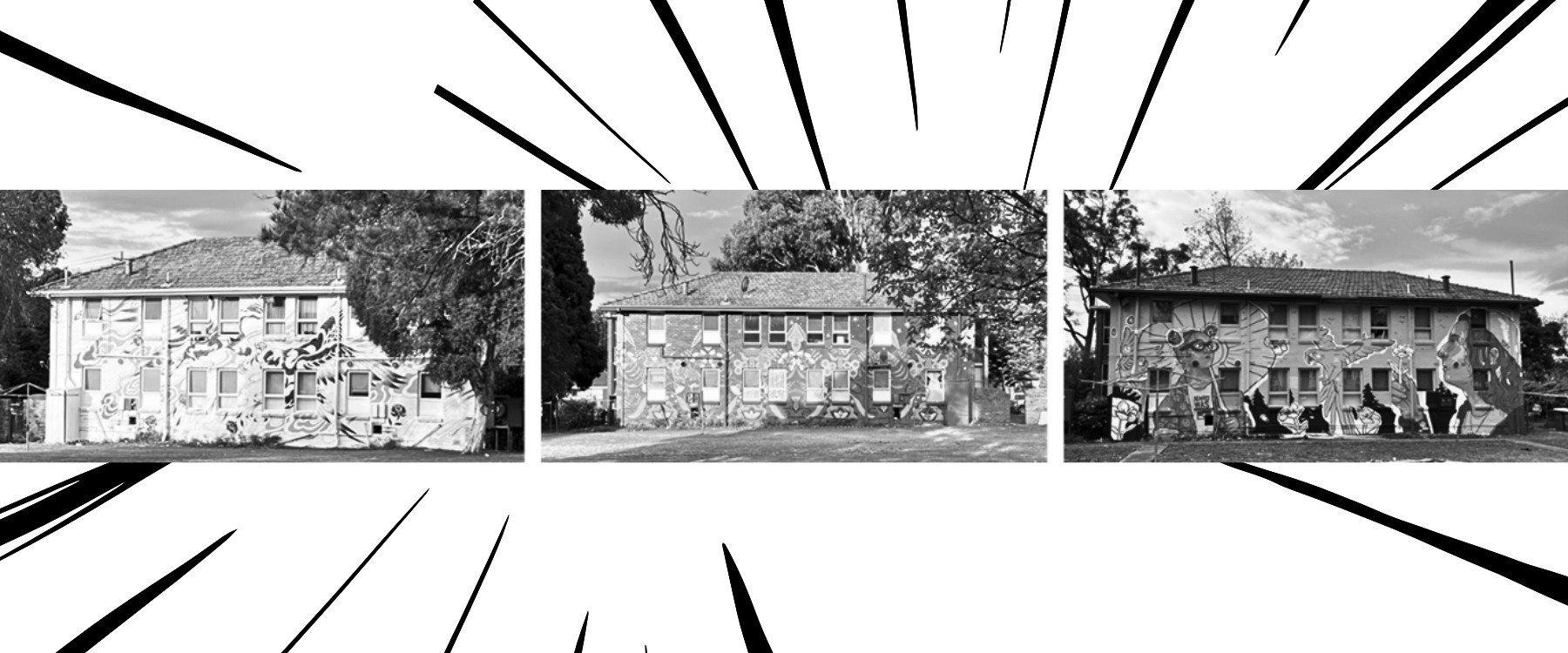A real-time evaluation of implementing family violence reforms.
Together for good – the client challenge
The Family Violence Multi-Agency Risk Assessment and Risk Management Framework (MARAM) provides the basis for a shared understanding of the dynamics of family violence and is a system-wide approach for how to identify, assess and manage family violence risk in Victoria. It is a foundational component of Victoria’s response to family violence and to the Royal Commission into Family Violence’s recommendations.
The MARAM reforms are intended to strengthen and support an effective and integrated system-wide response to family violence in Victoria. MARAM directly impacts the way in which hundreds of Victorian organisations and thousands of workers, across many different sectors and organisations, understand and respond to family violence and deliver a wide range of services and interventions.
The reforms play a critical role in helping achieve the outcomes articulated in the Victorian Family Violence Outcomes Framework, specifically that:
Victim survivors are safe and supported to recover and thrive
Perpetrators are held to account, engaged and connected
Preventing and responding to family violence is systemic and enduring.
Cube was brought in to design an adaptable Monitoring and Evaluation Framework, a revised program logic and an Indicator Framework, and to deliver a process evaluation of the early implementation of MARAM.
Bringing the right thinking and people to the table
Family violence is a systemic problem and cannot be solved by one organisation or sector alone. Ensuring that we were talking to the right people from a range of organisations during the development of our evaluation framework and throughout the process evaluation was essential.
At Cube we work on the philosophy that process evaluations are a powerful tool to support continuous improvement and shared learning, an approach we applied to our MARAM evaluation. We worked closely with the design team and implementation partners to understand what worked, how to increase the effectiveness of their decision making structures, implementation and change management activities and artefacts, why things changed or were different from the original theory and what we could learn for future roll-out of the reform and for implementation of other system-wide reforms in future. We also reviewed data and documentation from across the government, and analysed sector-based surveys to provide an objective understanding of the impact of early implementation activities. The spirit of partnership and understanding was key to us identifying the real issues and circumstances, and in having open and honest conversations with everyone involved.
We also adopted a no-surprises approach to our findings and provided real-time feedback so that changes could be made or implementation adapted prior to the final report being submitted, to improve outcomes for the women and children experiencing or at risk of family violence.

Sectors
Services
The positive change we delivered
Family Safety Victoria is considering all of the recommendations made by Cube through both the Interim and Final reports. FSV, its partnering government departments and agencies (referred to collectively as ‘agencies’), and peak bodies have worked in collaboration on refining and improving implementation plans and activities to better translate and integrate MARAM as part of business as usual for their workforces and create enduring, positive change. In particular, the recommendations provided the impetus for more sustained support for agency change management, operational resource development and workforce training. This included embedding specialist expertise in agencies to support sustained practice and procedural change. They also focussed attention on the need for adaptive practices during the COVID-19 pandemic.
The findings from the evaluation are also supporting a stronger and evidence-based rollout of Phase Two of MARAM when additional organisations from the health, human services, justice and education sectors being prescribed, extending its impact to a further 355,000 workers. This means more places where the risk of family violence for vulnerable families and children can be identified and acted upon, helping ensure adults and children at risk are safe and supported to recover.
Insights for inquisitive minds
Open and transparent conversations with people involved in designing and implementing the program are the only way to really understand what is happening on the ground.
Real-time feedback allows programs to adapt and apply learnings quickly, rather than waiting for a year or more for the final results and losing all that time where the program could have been delivered more effectively or efficiently.
It is of crucial importance that we evaluate implementation and change management processes early so we can understand if our program is on the right trajectory to deliver the outcomes it seeks to achieve.
Have a continuous improvement mindset rather than trying to find a fault or place blame, it creates a safe space to support shared learning and improve outcomes.







